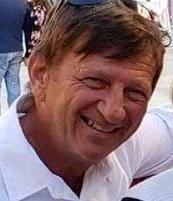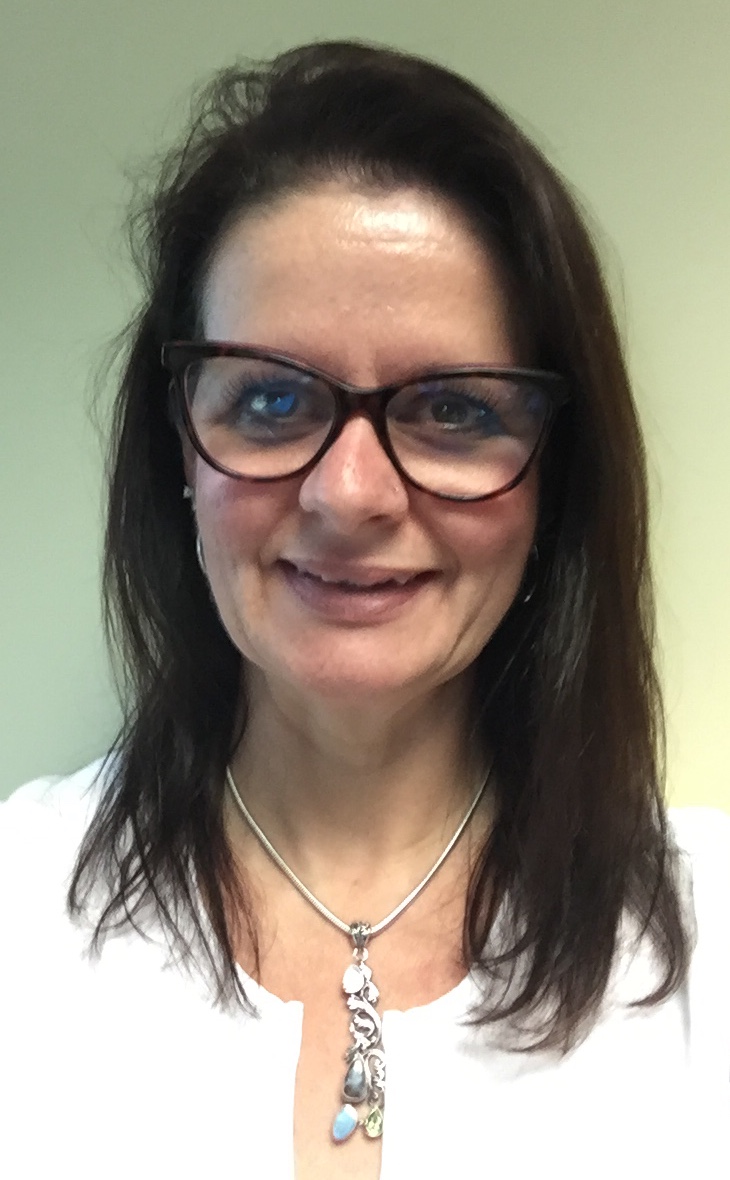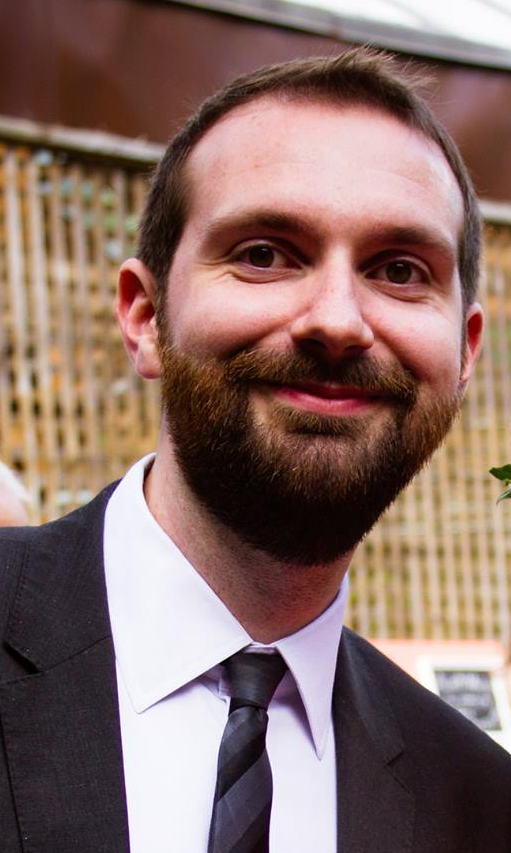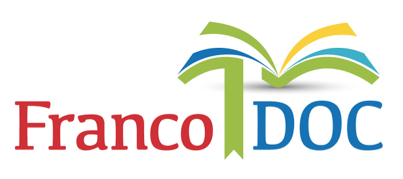Background
English and French are the two official languages in Canada. The French-speaking population is present all across Canada. The province of Quebec is the only province where French is spoken by the majority (85 percent). The French-speaking population living in a minority setting, however, totals more than one million with percentages that vary in provinces and territories from 1.9 to 33 percent of the total population respectively. In 2001, the Association of Faculties of Medicine of Canada (AFMC) during a strategic planning session under the theme of social responsibility identified that the Francophone minority of Canada was a vulnerable population compared to their Anglophone counterparts. In general, access to health care in their mother tongue was limited or totally absent depending on where they lived. Even though at that time, no research had been done, it was thought that linguistic barriers had a negative impact on health care services and health outcomes. In 2015, Dr. Sarah Bowen demonstrated by means of an extensive literature review that linguistic barriers had a negative impact on: access to health care services, the experience and satisfaction of users, and, on the equity of services offered.
As a result of their strategic planning, in 2001, the AFMC established its “Resource Group for French-language minority communities” which undertook the examination of this issue and produced a framework and action plan to address it. This group partnered, from the start, mainly with two community organizations being the Société Santé en français which is a consortium of 14 health networks based in all provinces and territories where there is a French-language minority population and whose work aims to increase access to health care services in French, and, Médecins francophones du Canada which encourages doctors to commit to providing quality health care services, gathers them in formal or virtual networks, and offers them resources and tools to support their initiatives and projects as well as their life-long learning. Together, these partners have developed Franco Doc, a socially accountable project to better respond to the needs of the Francophone minorities across Canada.
Objectives of the Franco Doc Project (2014-2017) Phase One
The main goal of the project was to contribute to the development of Francophone medical resources by working with French-speaking medical students attending English-language faculties of medicine in Canada and having them contribute to the needs of the Francophone minority communities by means of an integrated interdisciplinary approach. The Franco Doc project set specific objectives to make this possible. The objectives were to:
- Identify Francophone and Francophile students in the 14 English-language faculties of medicine in Canada;
- Provide Francophone and Francophile students with experiential activities by increasing access to community-based hands-on training in Francophone minority settings; and
- Facilitate collaboration between faculties of medicine and local Francophone community health networks.
Franco Doc: Action Plan in Action
After having the action plan approved by the board of the AFMC, the Resource Group sought and obtained financial support from the Office of the Official Languages of Health Canada. A project director and coordinator were hired, and the action plan was implemented. Medical school deans were asked to identify a faculty champion for the project and the representative of the Société Santé en français’ Health Networks in the catchment area of the respective medical school were linked with this faculty lead. The medical faculty champion and Health Network community partner with the participation of French-speaking medical students formed the faculty-community liaison committees. These committees were supported by the Franco Doc project coordinator. These 14 committees have been the local drivers of the project. Medical students have been very enthusiastic and have greatly contributed to the activities. Médecins francophones du Canada has offered resources and tools to support the project activities.
Francophone and Francophile medical students have been identified by a self-reporting mechanism through medical school undergraduate secretariats and/or through medical student associations. 550 Francophone or Francophile undergraduate medical students were identified across Canada after the first year of the project and on average, an additional 150 new Francophone or Francophile admissions are occurring yearly.
A variety of activities have been put in place by the liaison committees ranging from service-learning activities, medical terminology practice sessions, history-taking practice sessions, networking with French-language communities, webcasting, and even French wine and cheese socials. In 2018-2019, 21 activities have taken place to date. This, all in an effort to inform, engage, and promote networking among faculty, students, and communities. On two occasions, the project offered a one-day leadership event for medical students where students learned about the importance of the increasing need for culturally and linguistically competent human health resources, developed leadership skills, and shared their success stories with Franco Doc. The goal of these two events is to help the participants plan their activities and experiences for the year to come. Attendees are given a certificate of recognition as an “Ambassadocteur” for their participation. We also produced an online toolbox for students and others interested in the subject.
The project is now in Phase Two (2018-2021). Health Canada was very satisfied with the outcomes of the first phase which helped us secure a further three years of financial support. We are continuing with the same objectives but with some expansion. We hope to ensure sustainability of the objectives that are in place. First, we have established a partnership with the Canadian Federation of Medical Students and the Resident Doctors of Canada that will ensure yearly nomination of their respective member-representatives to our national steering committee. We have expanded the faculty community liaison committees to include postgraduate residents and we are looking at possibly adding student representatives from other programs like nursing, social work, clinical psychology, all in line with the needs of the communities. We are also linking with another project of the Société Santé en français being Franco Professionnel, which is looking at replicating or adapting the Franco Doc strategies to other health educational programs based on the needs of the communities.
We will be supporting the faculty liaison committees to put in place permanent identification measures for Francophone and Francophile students both at the undergraduate and postgraduate levels in order to screen their linguistic competencies. We are moving to identifying Francophone preceptors and linking Francophone and Francohile students through an online catalogue for clinical placements within Francophone communities. We will be supporting a range of activities as described above and continue to offer and encourage knowledge transfer and share best practices through constant communication. This most certainly will generate new ideas and contributions. A new Facebook page has been set up and is managed by Médecins francophones du Canada. The page is open to medical students as well as to other health professional students interested in French-language health services.
Discussion
Placing the Francophone minority community’s needs at the center of the initiative has been a stimulus for all. It gives the faculty an action plan to be more socially responsible towards this population. The faculty champion has the opportunity to reconnect and contribute to his or her community of origin. For the students, who indicated that they felt abandoned by their communities of origin, they are thrilled that they can offer services to their communities and are much more informed and conscious of the latters’ needs. The health networks of the Société Santé en français have a great opportunity to influence and interact with medical schools which is a very rare scenario and helps them to contribute more successfully to health human resources development strategies than they already undertake. Also, the networks of communities take an active part in educating learners and the medical schools about their realities. For Médecins francophones du Canada, they are fully meeting their mandate and have a greater visibility across Canada.
This project has had major successes but also some challenges. We are working with 14 medical schools and 16 community networks that are different in size, located across a huge land mass, have varying resources, and, have their own priorities. The Francophone minorities need a voice both at the level of the AFMC and at the medical schools. Keeping both the AFMC and medical school managers engaged in the long run is a must. Hopefully, the newly added accreditation standard on social accountability will put to good use all of the strategies and activities of Franco Doc and the faculties will integrate them in their ongoing process. This collaborative approach with community partners, learners, and medical faculties will lead to an increase in linguistic competencies of future clinicians and to the active offer of French-language services in Francophone minority communities.
Conclusion
Nurturing close ties between communities and faculties of medicine establishes the necessary conditions to better understand the challenges facing patients and better prepare learners to respond to those challenges more efficiently. This hopefully will increase access to improved quality and security in health care delivery as well as increased satisfaction and more equity for Francophone minorities in Canada. This project is a testament to major sustained social innovation and a model for best practices for any educational program looking to better respond to the needs of its respective minority populations.
1 Bowen, S. (2015) Language barriers in access to health care. Health Canada. publications.gc.ca/collections/
3 www.medecinsfrancophones.ca/index.fr.html
4 afmc.ca/medical-education/franco-doc/
Author bios

Dr Aurel Schofield is a graduate of Laval University in Family Medecin in 1980. He has worked intensively to develop both French medical services and French medical education in minority settings mostly in New Brunswick but also across Canada. He was the Founding Director at the Centre de formation médicale du Nouveau-Brunswick, Associate Dean for New Brunswick of the Faculty of Medicine and Health Sciences, Université de Sherbrooke and a tenured professor. He was also the Associate Dean for medical education at the Université de Moncton. Since his retirement he has been elected president of la Société Santé en français du Canada, has been project director for Training and mentoring group for Diabetes Action Canada and more recently leads the Franco Doc project of the Association of Faculties of Medicine of Canada. He has been awarded many prize and recognition including the Order of Canada in 2014.

Danielle Barbeau-Rodrique is the Director of the Northern Ontario School of Medicine's Francophone Affairs Unit, established to ensure the implementation of the School's social accountability mandate and to support its commitment to a culture of inclusiveness and responsiveness to the needs of the Francophone population and communities of northern Ontario. The FrAUnit team is committed to establishing, supporting and increasing collaborative partnerships with Francophone communities and key stakeholders, as well as supporting all NOSM learners in their understanding of Francophone health and culture through academic and non-academic sessions and experiences.
Born in Sudbury, Ontario, Canada, Danielle has a bachelor’s degree in Translation and Interpretation from Laurentian University. She is currently a M. A. candidate in Sociology (Applied Social Research) with a particular interest in Active Offer and the provision of culturally and linguistically appropriate health care.

Philippe Leblanc is a graduate from the University of Ottawa in communications and French studies. He has been working in the project management office of the Association of Faculties of Medicine of Canada since 2014. Initially, Phillipe’s work focused on the Future of Medical Education in Canada Postgraduate Implementation Project, a project to adapt the postgraduate medical education system to changing societal needs while improving efficiencies to support a more sustainable health care system. Currently he serves as the coordinator of the Franco Doc project, a project aimed at developing French speaking medical human resources in Francophone minority communities in Canada.



